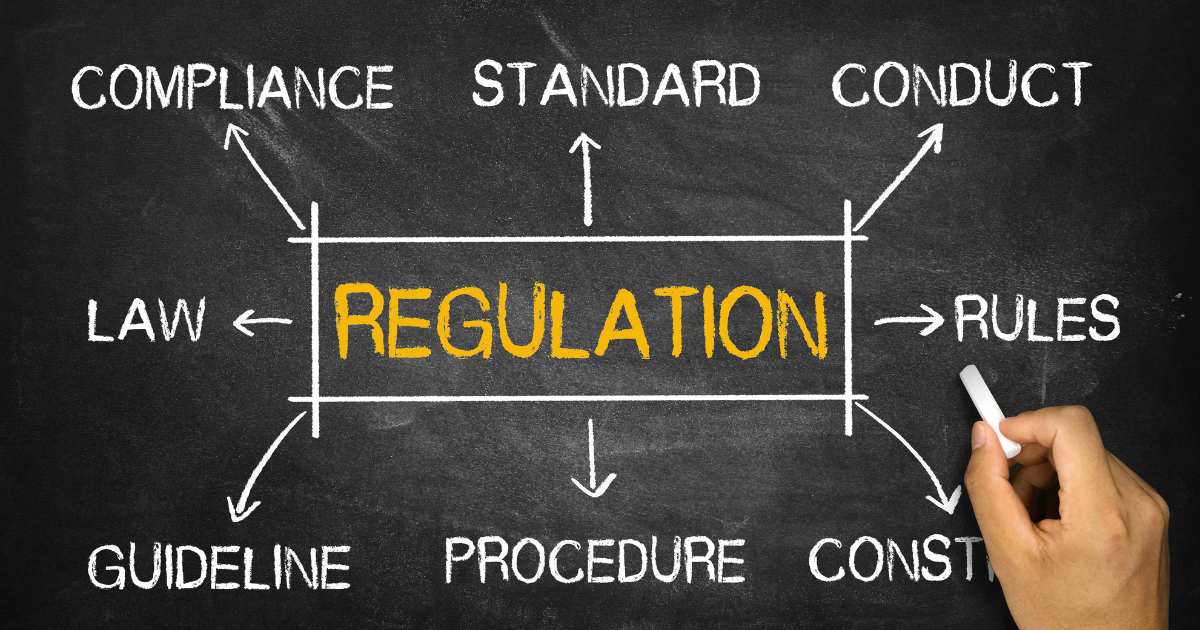
For some, running a business means ensuring you grow to the capacity where you are able to create wealth for your family, for others, it means sharing successful business skills in the form of an NPO. But just like a “normal”, for-profit business, a non-profit organisation also needs to follow certain compliance guidelines.
In the beginning of 2025, more than two hundred thousand non-profit organisations were deemed non-compliant due to their failure to submit their annual reports. This number includes other voluntary organisations and trusts that are registered as a NPOs according to the Non-Profit Organisations Act No. 71 of 1997.
The implications of non-compliance for NPOs are that they lose tax exemption, letters of support, and funding. Repetitive non-compliance leads to deregistration. This is vital to continue transparency and accountability among these types of organisations.
In extreme cases, non-compliance cases may be referred to the South African Police Services for criminal investigation.
Should a non-profit organisation find itself in a position of being deregistered, the organisation may make an appeal against it as set out in section 22.
Regulations to Comply with
According to the law, a registered non-profit organisation must:
- Keep records of all accounting transactions such as income, expenditure, assets and liabilities.
- Compile financial statements within six months after the end of its financial year. This has to include:
– a statement of income and expenditure for that financial year; and
– a balance sheet showing its assets, liabilities and financial position. - Within two months after this, a written report must be compiled by an accounting officer, whereby they state whether or not:
– the financial statements of the organisation are consistent with its accounting records;
– the accounting policies of the organisation are appropriate and have been appropriately applied in the preparation of the financial statements; and
– the organisation has complied with the provisions of this Act and of its constitution, which relate to financial matters. - It must also safeguard each of its books of account, supporting vouchers, records of subscriptions or levies paid by its members, income and expenditure statements, balance sheets and accounting officer’s reports, in an original or reproduced form, for at least five years.
Other required information also includes the following to be submitted to the NPO Directorate in writing:
- A narrative report of all activities that are represented by the financial statements and accounting report must be provided nine months after the financial year.
- This report must contain the following”
– the names and physical, business and residential addresses of its office-bearers within one month after any appointment or election of – its office-bearers, even if their appointment or election did not result in any changes to its office-bearers;
– a physical address in the Republic of South Africa for the service of documents to be received from the Directorate. - Notice of any change of address within one month before a new address for service of documents will take effect.
- Changes to the Founding Document (section 19)
Long-term Habits
Here are a few tips you can use to help you stay compliant. You can do the following:
Set Reminders: Schedule regular reminders for report submissions to stay ahead of deadlines.
Board Check-Ins: Review compliance obligations with your board regularly to keep everyone aligned.
Seek Support: Don’t hesitate to reach out to other NPOs or a compliance professional if you need advice. The community is here to help!
The Foundation of Non-Profit Organisation
One of the requirements for non-profit organisations, according to sections 16 and 17 of their obligations, is that the registration status, accompanied by its number, must be on all its documents.
It also requires a founding document that the organisation needs to comply with.
Any type of organisation must comply with the requirements set out by the law. This may include laws that pertain to the structure of the organisation, reporting and, in the case of a non-profit organisation, adherence to the guidelines set out for that particular type of organisation.






